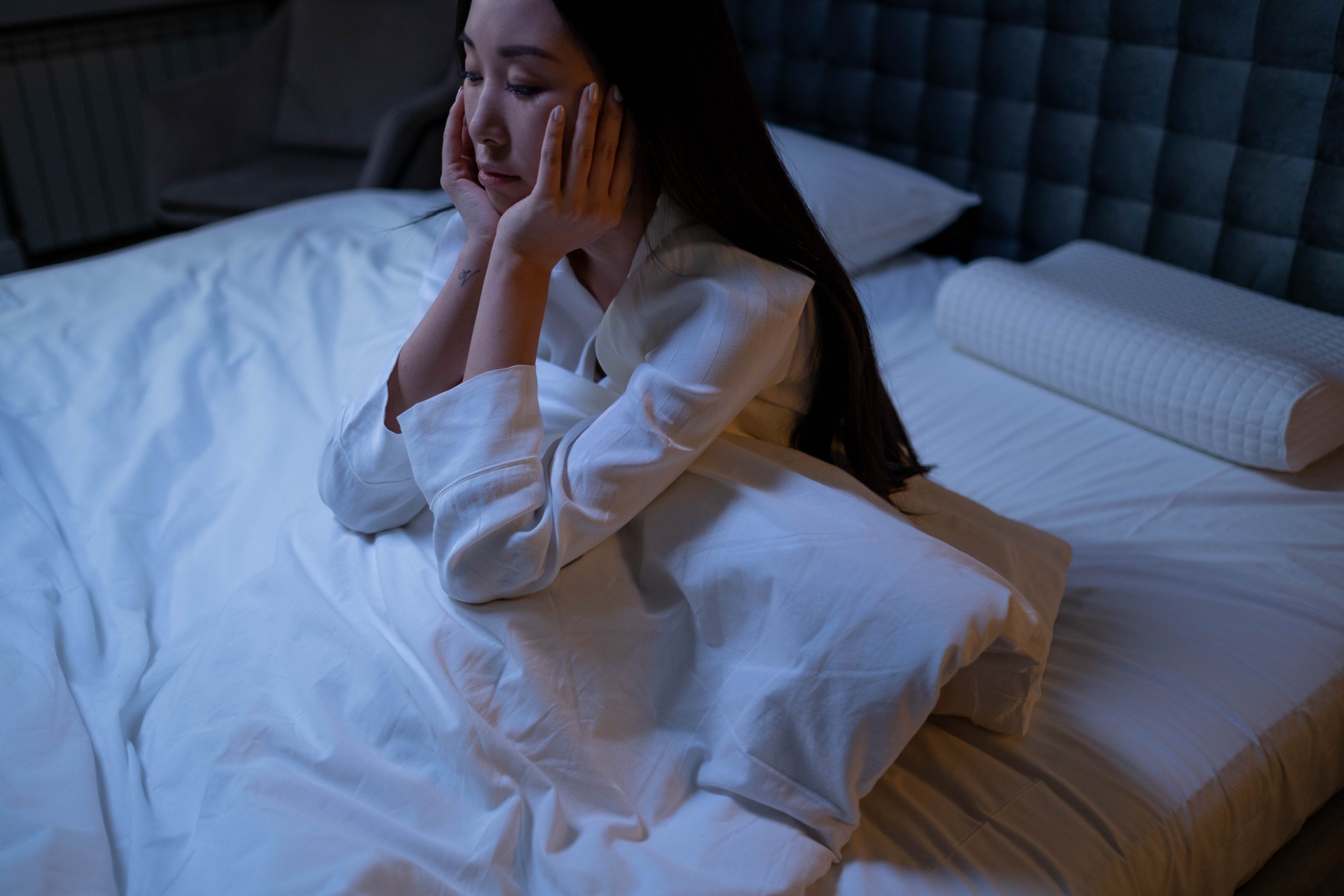When you’re feeling stressed on the job, it can be hard to leave your work at the office. Your job may preoccupy your mind as you drive, as you eat, and as you interact with family or friends. But the battle to control your mind can intensify when you try to go to sleep.
“Sleep and stress are competitors,” said American Academy of Sleep Medicine spokesperson Dr. Ralph Downey III. “When stress is continually activating a part of the brain that is otherwise used for sleep, then stress wins the tug-of-war.”
According to the AASM, job stress can be a cause of adjustment insomnia. This involves disturbed sleep or sleeplessness that may last for a few days or a few weeks. Other symptoms may include anxiety, worry and tension.
A common feature of adjustment insomnia is “ruminative thoughts.” This is when you dwell on the same thoughts, “chewing” them over and over in your mind. You may lie in bed staring at the ceiling, unable to stop thinking about work.
Even when you finally fall asleep, your work may invade your dreams. The Staples National Small-Business Survey polled 302 owners and executives of small businesses. More than half said that they dream about work – or “sleepwork.”
Scientific research confirms that job stress can affect your sleep. A 2005 study in the journal Sleep involved 8,770 Japanese workers. In both men and women, a high level of stress at work was linked to insomnia.
A 2007 study in the International Journal of Behavioral Medicine linked insomnia to these three types of job stressors:
- High work demands
- Low influence over decisions
- High professional compromise
The type of job stress you experience may affect your sleep in different ways. A 2007 study in the journal Social Science Medicine linked work overload to poor sleep quality. Having role conflicts at work was related to non-restorative sleep and trouble falling asleep. People who perform repetitive tasks at work were more likely to have trouble falling asleep or staying asleep.
According to the National Institute for Occupational Safety and Health, sleep disturbances are one early warning sign of job stress. Other warning signs include:

- Headaches
- Difficulty concentrating
- Short temper
- Upset stomach
- Job dissatisfaction
- Low morale
Job stress may be unavoidable. But sleep specialists say you can take steps to improve your sleep even when you are stressed.
“Establishing a pattern of relaxing behaviors…close to bedtime and limiting work to the early evening may help to reduce stress,” said AASM spokesperson Dr. Clete Kushida.
The AASM also offers these tips to help you prevent job stress from disturbing your sleep:
- Remain active. Try to get some exercise every day. Both your mind and body will be more relaxed when it is bedtime.
- Express yourself. Keep your worries out of bed by making time during the day to put your thoughts and feelings on paper. Then set it aside until the next day.
- Wind down. Take some time to slow down before going to bed. Get away from the computer, turn off the TV and the cell phone, and relax quietly for 15 to 30 minutes. Take a warm bath, enjoy a light snack or listen to some soft music.
- Avoid “bedwork.” Never bring any work to bed with you; your bed should be a refuge from your job. Also avoid doing other activities in bed such as reading, watching TV or talking on the phone. Only use your bed for sleep.
- Get out of bed. If you have trouble falling asleep, get out of bed and do something relaxing until you feel sleepy. Tossing and turning will only increase your frustration.
- See a specialist. Some doctors are specialists in behavioral sleep medicine. They can teach you how to relax at bedtime so you can fall asleep more easily.
- Use sleeping pills with caution. Use sleeping pills only when supervised by a doctor.
The American Institute of Stress
Photos Photo by cottonbro: https://www.pexels.com/photo/woman-in-white-long-sleeve-shirt-sitting-on-a-bed-6941117/
Photo by cottonbro: https://www.pexels.com/photo/woman-using-her-phone-6940872/
Help for people with sleep problems can be found at sleep disorders centers that are accredited by the American Academy of Sleep Medicine. You can find an AASM-accredited sleep center near you.
The AASM also certifies doctors who are experts in behavioral sleep medicine. Find a sleep specialist who is certified in behavioral sleep medicine.




